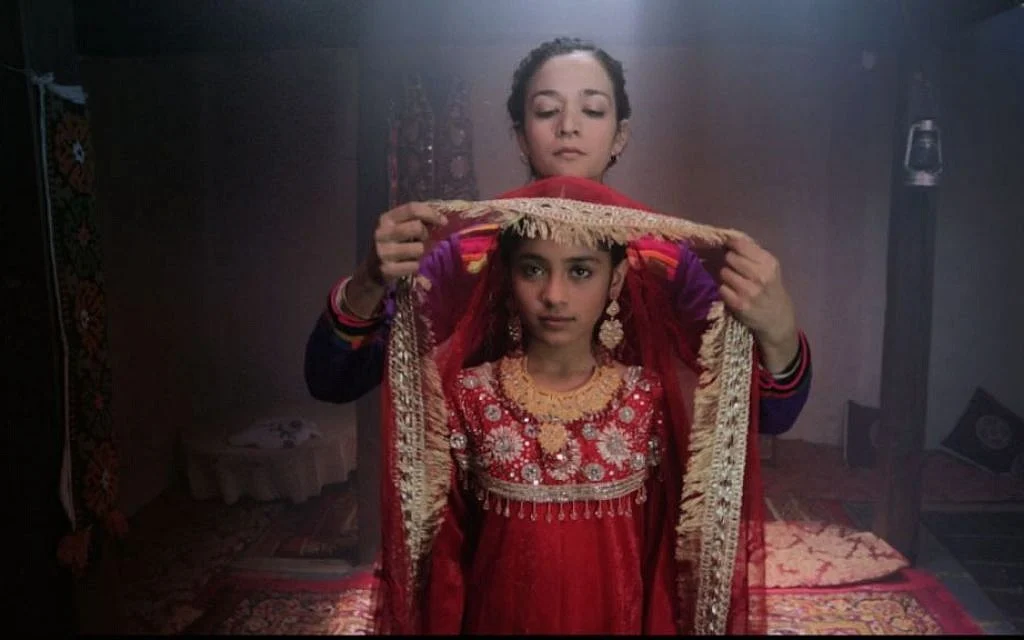Islamabad, 4 June 2025: Child Marriage Law has come under legal scrutiny after a petition was filed in the Federal Shariat Court challenging its compatibility with both Islamic law and the Constitution of Pakistan.
Filed by citizen Shehzada Adnan through legal counsel Advocate Mudassar Chaudhry, the petition names the Ministry of Interior and its secretary as respondents.
It argues that the recently enacted Child Marriage Law contradicts core principles derived from the Quran, Hadith, and Sunnah, claiming that Islam does not impose a fixed minimum age for marriage. Several Quranic verses and classical jurisprudence are referenced in the plea as evidence.
The petitioner contends that criminalizing underage marriages violates religious freedoms enshrined in the Constitution.
READ MORE: President Signs Bill Announcing Penalties For Child Marriages Into Law
The objection particularly targets the provision of rigorous imprisonment as punishment, labeling it “excessive” and inconsistent with Islamic legal traditions.
“The state lacks the authority to declare unlawful that which religion permits,” the petition states, urging the court to suspend enforcement of the law and prevent authorities from initiating criminal proceedings under it.
Legislation Aimed at Child Protection Sparks Religious Debate
The Child Marriage Law, formally known as the Islamabad Capital Territory Child Marriage Restraint Bill 2025, was signed into law by President Asif Ali Zardari on May 30 following its approval in parliament.
Introduced as a private member’s bill, it is viewed by rights advocates as a critical measure for safeguarding minors and aligning Pakistan’s legal framework with global child protection norms.
Despite these intentions, the law has ignited controversy within religious circles. The Council of Islamic Ideology (CII), an advisory body on Islamic legal matters, has publicly denounced the bill.
After a meeting chaired by CII Chairman Raghib Hussain Naeemi, the council stated that imposing an age threshold of 18 for marriage contradicts Islamic doctrine.
In its statement, the CII argued that declaring marriage below a specific age as inherently abusive misrepresents religious teachings. The council further criticized the federal and Khyber Pakhtunkhwa governments for not consulting the CII before tabling similar legislation.
Court to Review Arguments on Religious, Constitutional Grounds
As public discourse around the Child Marriage Law intensifies, the Federal Shariat Court is expected to take up the petition in the coming weeks.
READ MORE: Legal Milestone: Sindh High Court Protects Interfaith and Inter-Caste Marriages
Legal experts anticipate a rigorous examination of the intersection between religious jurisprudence and child rights legislation, with potential implications for similar laws nationwide.
The outcome of the case could influence how future legal reforms addressing social issues like early marriage are framed within Pakistan’s dual system of secular and Islamic law.
Would you like a shorter version or a social media post based on this article as well?









